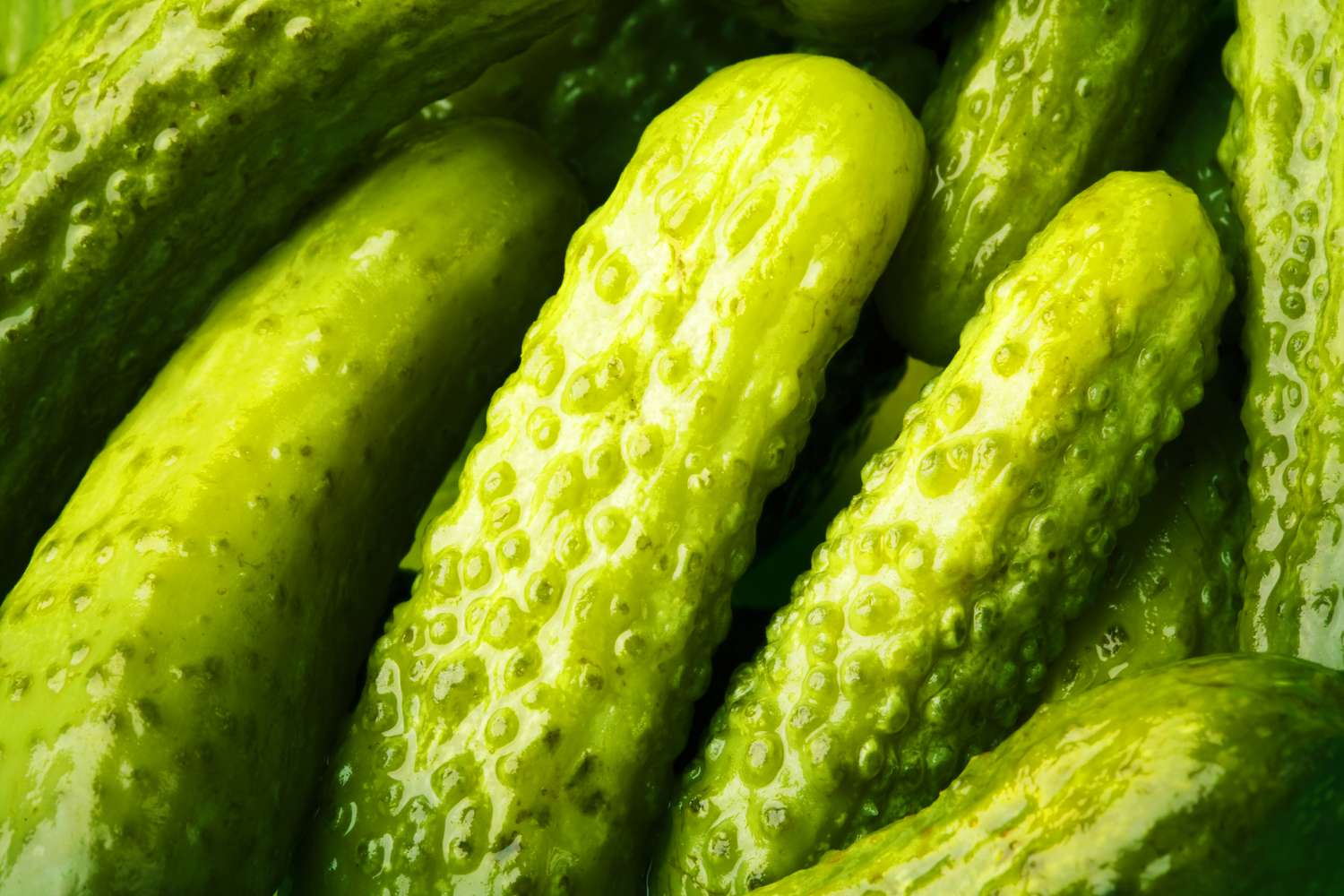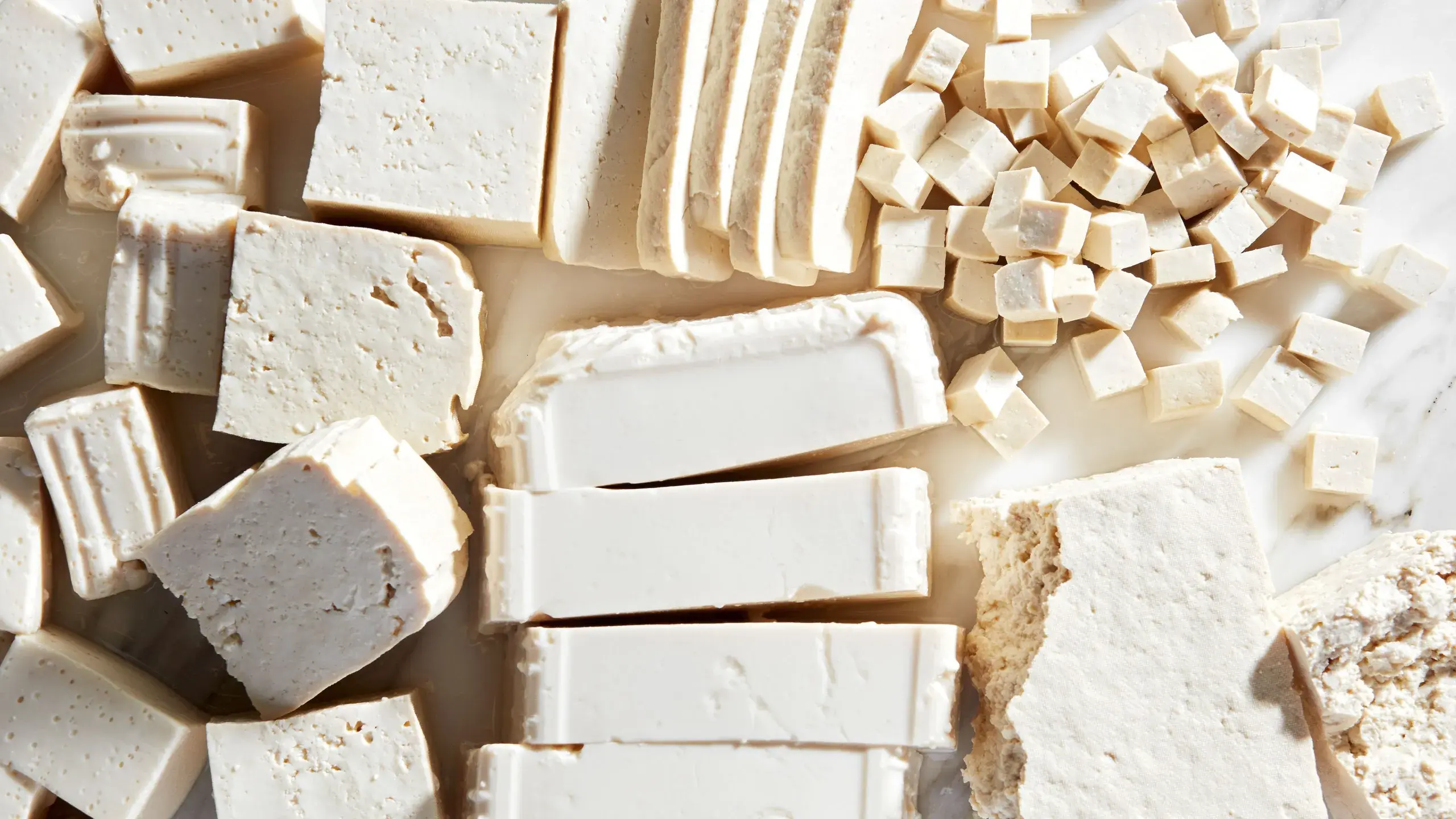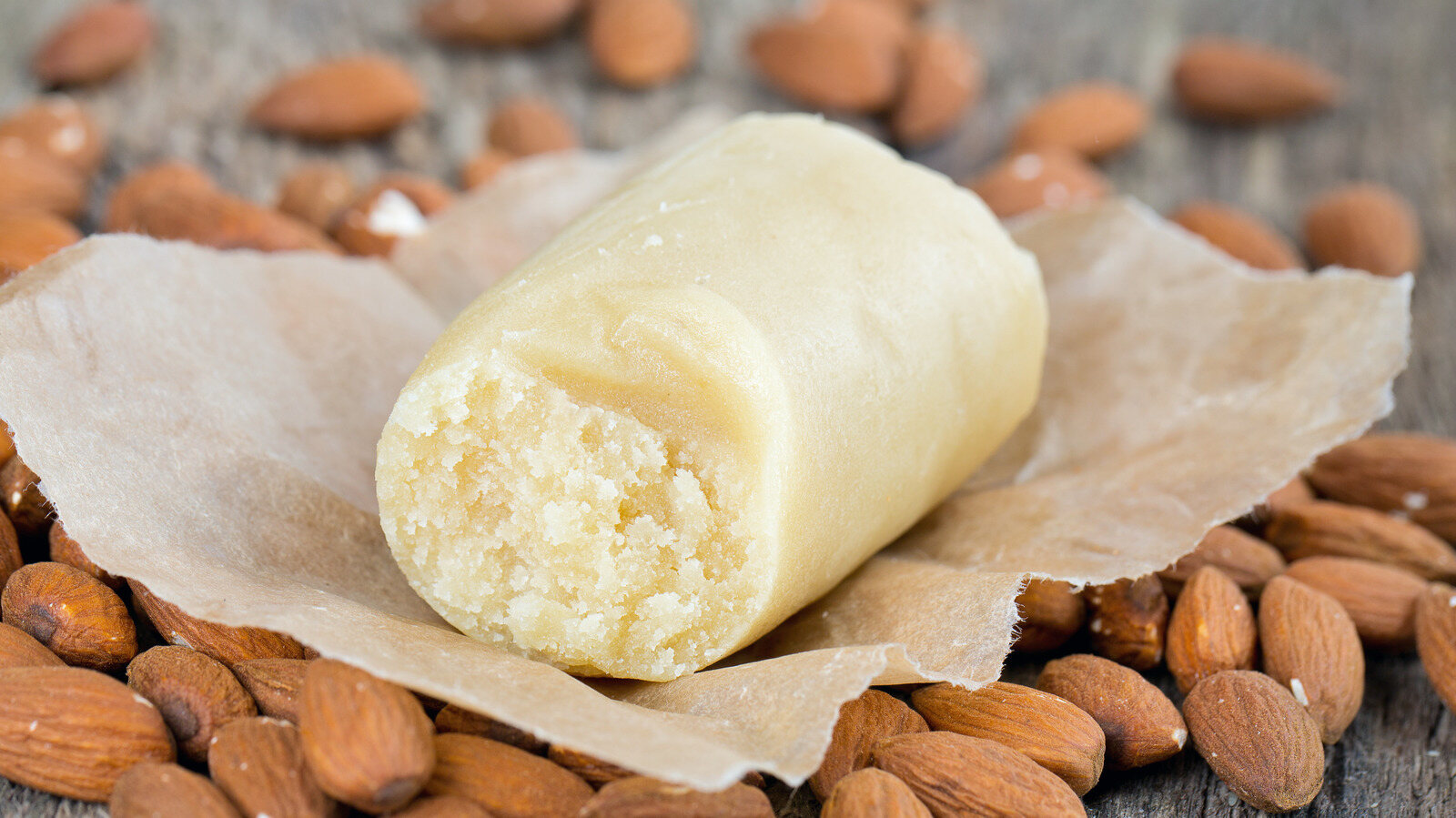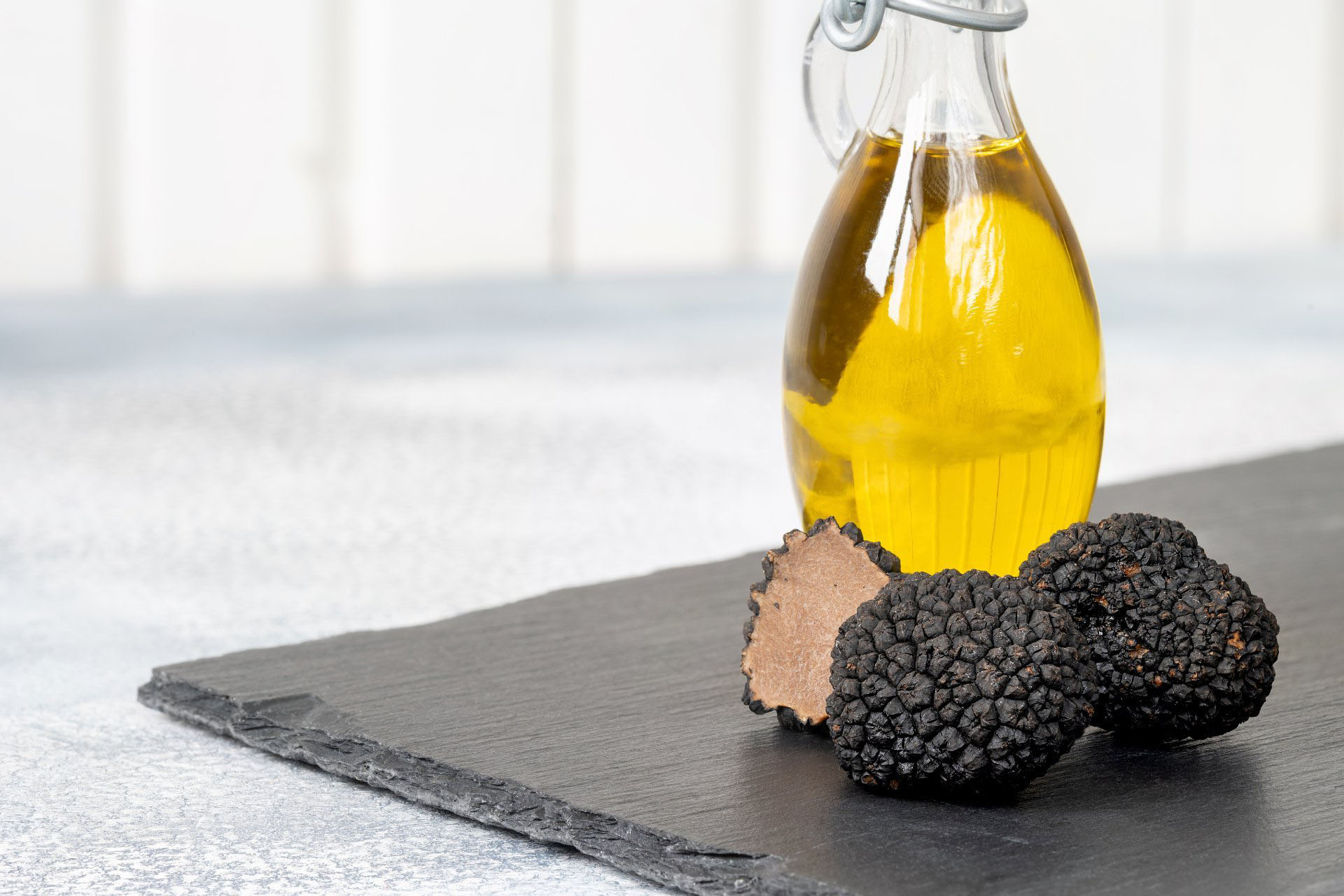Understanding the Smoke Point of Coconut Oil
When it comes to cooking with coconut oil, understanding its smoke point is crucial. The smoke point refers to the temperature at which an oil begins to break down and produce smoke. This not only affects the flavor of the oil but also its nutritional properties. In the case of coconut oil, knowing its smoke point can help you make the most of this versatile ingredient in your kitchen.
What Is the Smoke Point of Coconut Oil?
Coconut oil has a relatively high smoke point compared to other oils, making it suitable for various cooking methods. The smoke point of coconut oil is around 350°F (177°C) for refined coconut oil and slightly lower for unrefined or virgin coconut oil. This means that it can be used for sautéing, baking, and even light frying without the risk of it breaking down and producing harmful compounds.
Why Does Smoke Point Matter?
Understanding the smoke point of coconut oil is important for several reasons:
- Flavor Preservation: Cooking with an oil beyond its smoke point can impart a burnt or bitter flavor to your food, affecting its overall taste.
- Nutritional Integrity: Heating an oil past its smoke point can lead to the formation of harmful compounds, potentially compromising its nutritional value.
- Cooking Methods: Knowing the smoke point of coconut oil allows you to choose the right cooking method to retain its flavor and nutritional benefits.
Best Uses for Coconut Oil
Given its relatively high smoke point, coconut oil can be used in a variety of cooking applications, including:
- Sautéing: Use coconut oil to sauté vegetables or proteins for a flavorful and aromatic dish.
- Baking: Incorporate coconut oil into your baked goods for a hint of tropical flavor and moisture.
- Light Frying: Coconut oil can be used for light frying, such as pan-frying or shallow frying, to add a touch of coconut essence to your dishes.
Choosing the Right Coconut Oil for Cooking
When selecting coconut oil for cooking, consider the following:
- Refined vs. Unrefined: Refined coconut oil has a higher smoke point and a more neutral flavor, making it suitable for high-heat cooking. Unrefined or virgin coconut oil, while offering a more pronounced coconut flavor, is best used for low to medium-heat cooking.
- Quality: Opt for high-quality, organic coconut oil to ensure the best flavor and nutritional benefits for your dishes.
Conclusion
Understanding the smoke point of coconut oil is essential for making informed decisions about its use in cooking. By being mindful of its smoke point and choosing the right type of coconut oil for your culinary needs, you can fully enjoy the unique flavor and health benefits that coconut oil has to offer.
So, the next time you reach for that jar of coconut oil, keep its smoke point in mind and let it elevate your dishes to new heights!
Was this page helpful?
Read Next: What Is BBQ Butter?











